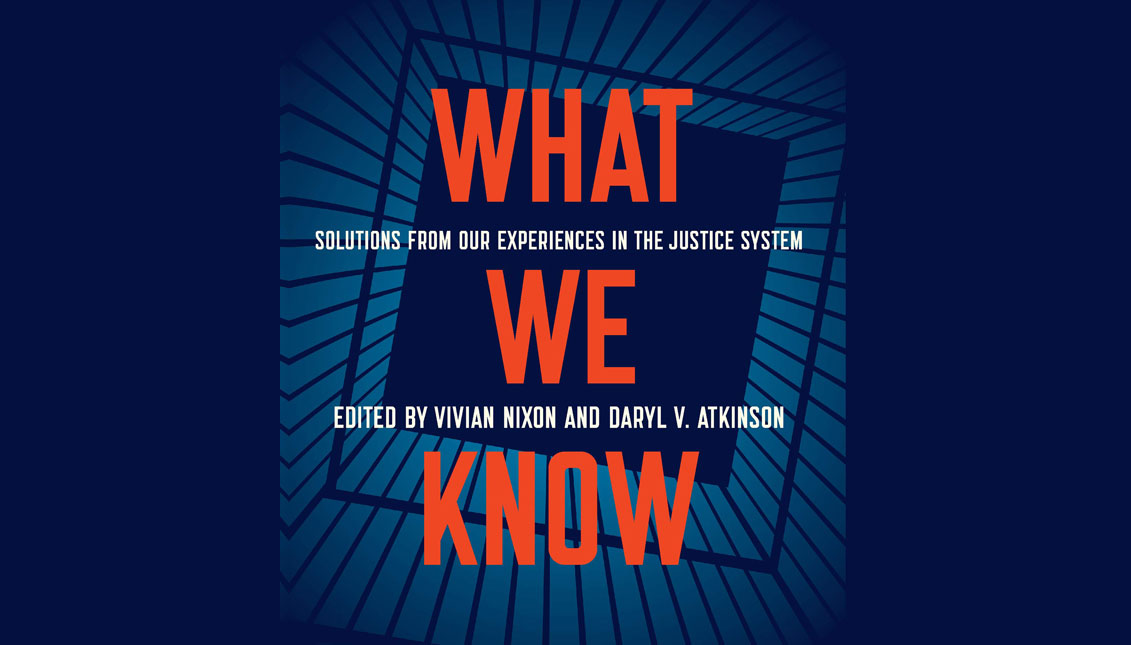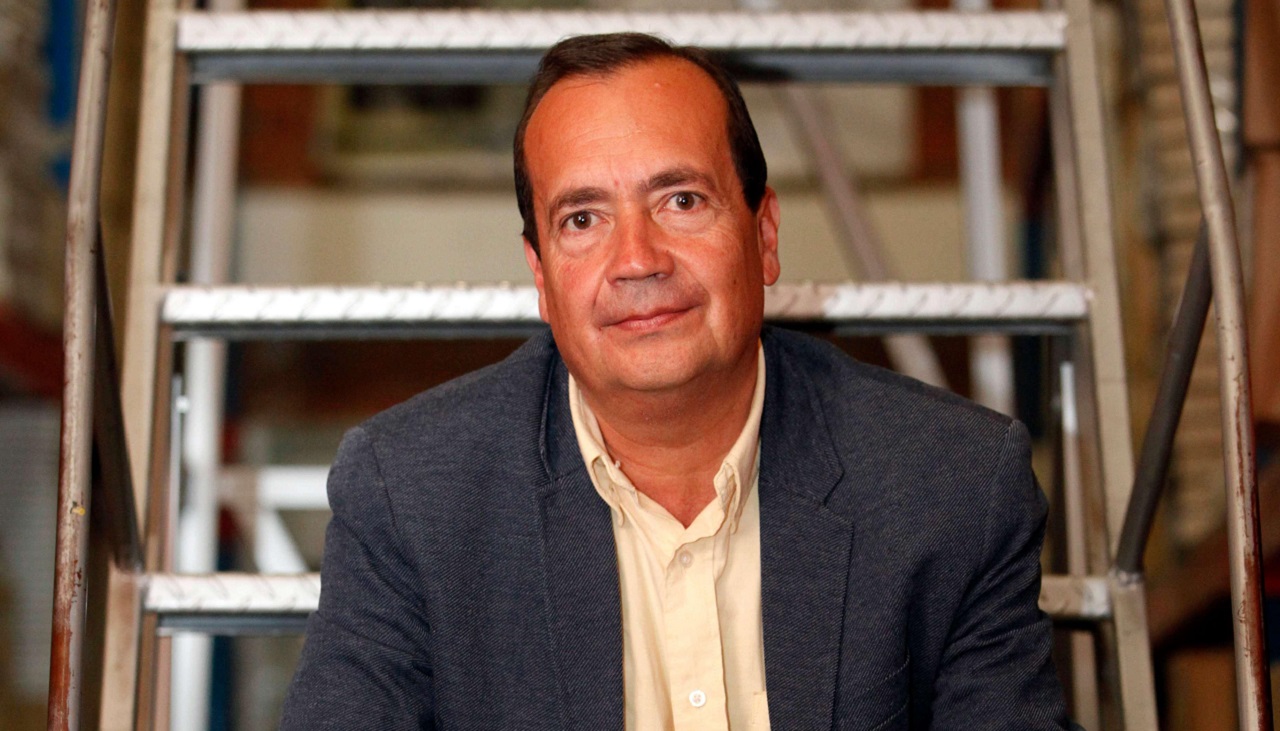
Cover What We Know
What We Know: a book that points the way to criminal justice system reform in the U.S.
Reforming the U.S. criminal justice system needs voices that have seen things from the inside.
Public opinion pressures from the Black Lives Matter movement and outbreaks of coronavirus in prisons have made it clear that there has to be reform of the criminal justice system in the United States.
And this reform has to start soon, either through real conviction on the part of politicians or through fear of voter reaction during election time.
But just as a change in the regulations on women's reproductive and sexual rights must have women's voices to be made consistent and rightfully, just as it must have the recommendations of doctors and lawyers, reform of the justice system must necessarily have the people who are going to be most directly affected by it: the inmates.
And even though the United States is the country that puts more people behind bars each year - both in absolute numbers and in relation to the percentage of the population - the prison population is one of the least listened to groups in the country.
Some initiatives, such as the successful Ear Hustle podcast, recorded from inside San Quentin State Prison in California by Nigel Poor and Earlonne Woods, have helped to broaden perspectives on those who have committed crimes that they have had to expunge with time in prison, but more voices need to be brought into the discussion.
The book What We Know: Solutions from Our Experiences in the Justice System, edited by Vivian Nixon and Daryl V. Atkinson, seeks to do just that.
What We Know is a project developed by The New Press, the Center for American Progress and the Formerly Incarcerated and Convicted Peoples and Family Movement. What they did was open up the call for ideas to reform the justice system.
More than 300 people, both convicts and ex-convicts, responded with policy proposals to change the system: to make it fair in its decisions, to strip it of the vestiges of the slave era still present in it - such as forced labor - to improve the quality of life of those who expunge their faults, and to give them more and better opportunities both inside and outside the prison, so that when their sentences are over they can make a life for themselves in other ways.
It may well be that not all of these proposals are viable - it may even be that none of them are - but the fact of listening to these voices sheds light on what intimately concerns them, what the most pressing problems are for them and the possible paths to follow.











LEAVE A COMMENT:
Join the discussion! Leave a comment.